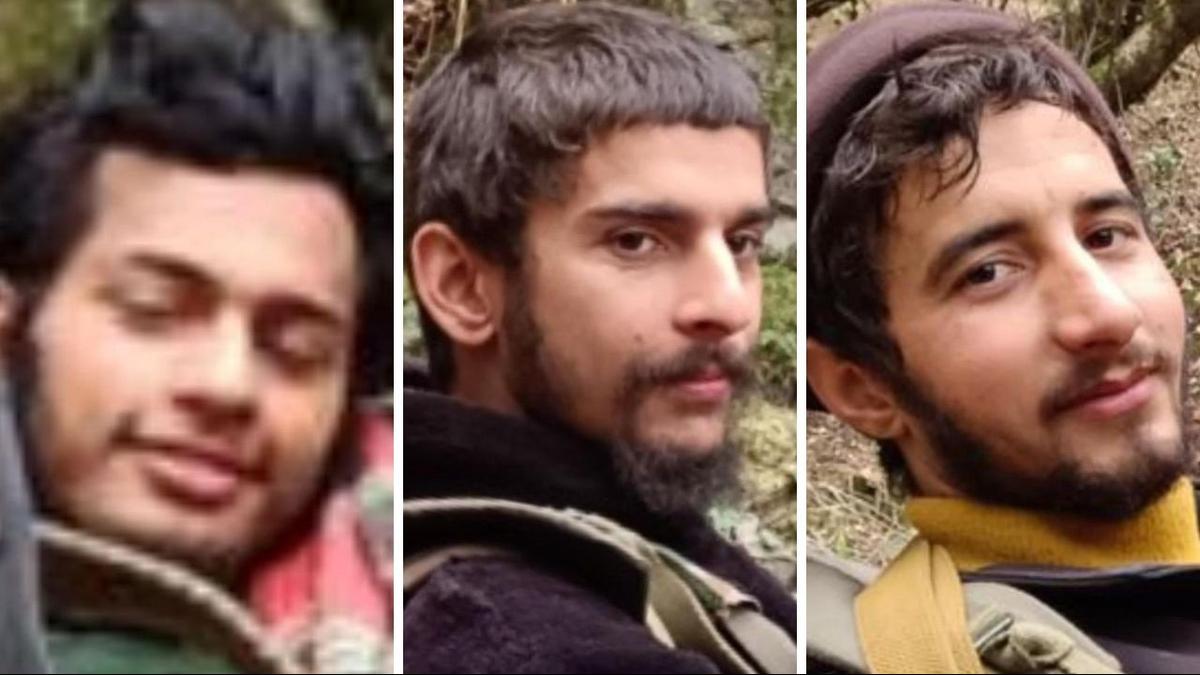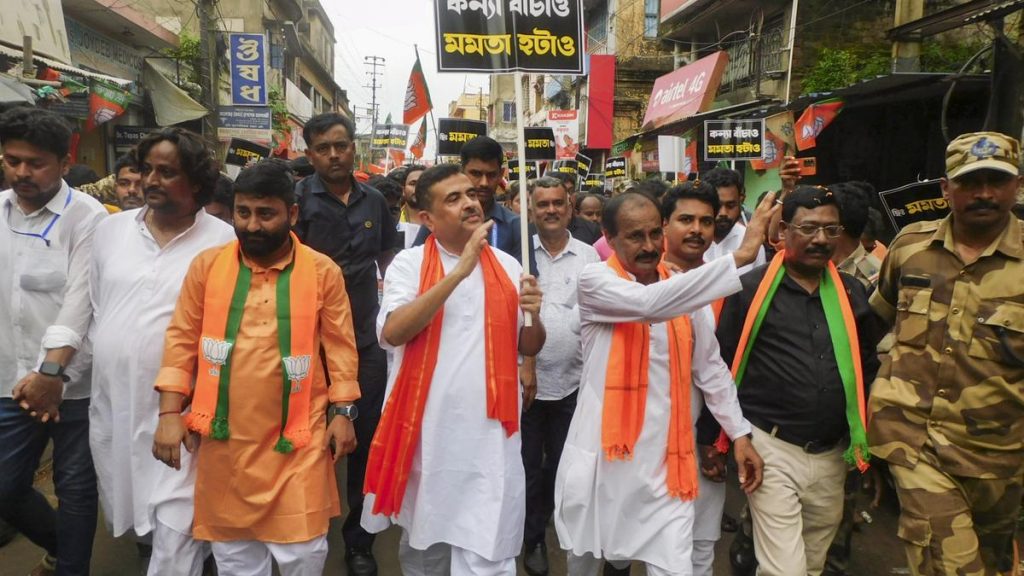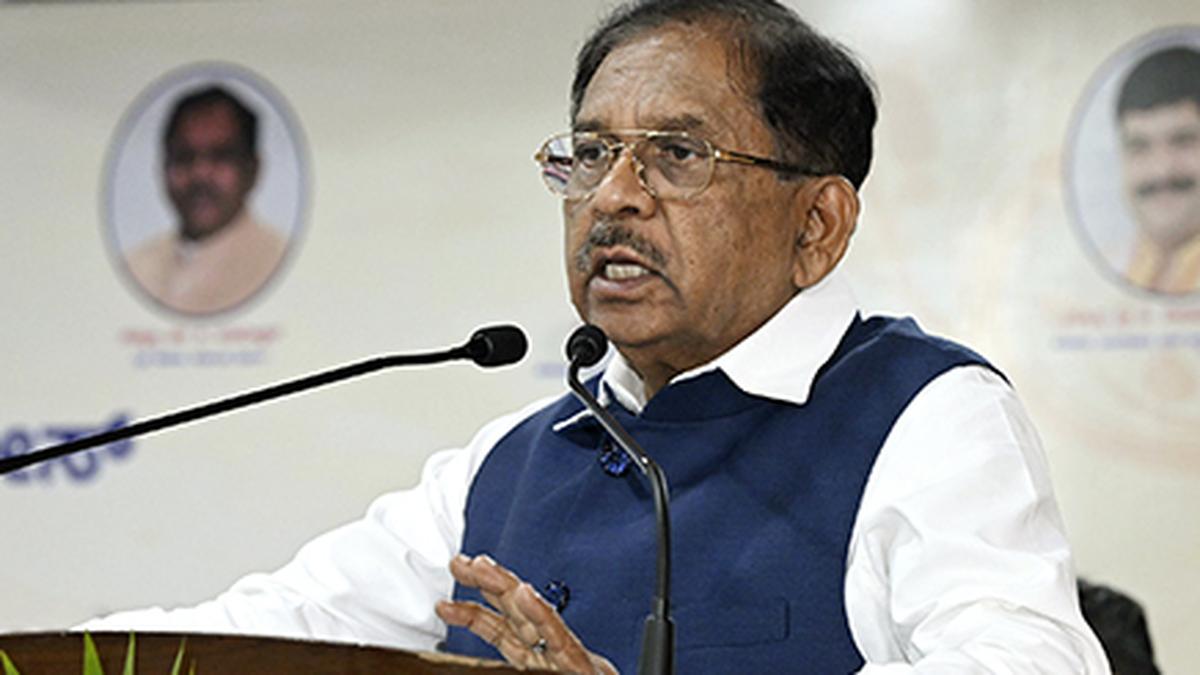Now Reading: Recovered Photos Aid Identification of Pahalgam Terrorists in 2024 Encounter
-
01
Recovered Photos Aid Identification of Pahalgam Terrorists in 2024 Encounter
Recovered Photos Aid Identification of Pahalgam Terrorists in 2024 Encounter

Fast Summary:
- Operation Mahadev: Three Lashkar-e-Taiba (LeT) terrorists-Suleman (alias Faizal Jatt), Hamza Afghani, and Zibran-were killed on July 28 during an operation in the Dachigam forest, near Srinagar.
- Identification via Technology: Photographs recovered from a mobile phone seized in 2024 provided leads. Intelligence agencies also used indigenous technology and LoRa wireless module signals to track them.
- Eyewitness Accounts: Initial identification of the three men came from eyewitnesses at the Baisaran meadow after a terror attack on April 22.
- Timeframe of Tracking: Security forces pursued credible intelligence reports from May 22 until their elimination in late July. Operations extensively combed rivers and streams were terrorists sought water sources.
- Foreign Presence: All three were Pakistani nationals; Hamza Afghani hailed from Khyber Pakhtunkhwa. A group of 20-25 Pakistani militants reportedly infiltrated India around three years ago, operating in Jammu-Kashmir’s forests and mountains.
- Parliamentary Briefing: Home Minister Amit Shah stated that continuous efforts by the Intelligence Bureau (IB) and Army relied on domestically developed signal-capturing equipment to confirm terrorist locations since May.
- Casualties Since 2021: The same group is suspected of killing around 135 security personnel over four years, underscoring their operational impact.
Indian Opinion Analysis:
The success of “Operation Mahadev” underscores advancing Indian capabilities in counter-terrorism operations through indigenous technology integration-a strategic achievement boosting national self-reliance. Identifying foreign terrorist elements highlights ongoing cross-border infiltration concerns, especially ties to Pakistan-based groups like Lashkar-e-Taiba.
While tracking operations spanned months, resulting efficiencies exhibit determination but also underline challenges posed by terrain complexity in Jammu & Kashmir. With reports indicating active sleeper cells or remaining infiltrators under separate leaderships like Musa’s group, consistent vigilance remains essential.India’s reliance on surveillance advancements coupled with effective intelligence coordination solidifies its long-term framework for internal security amid enduring threats across borders.Read more
























